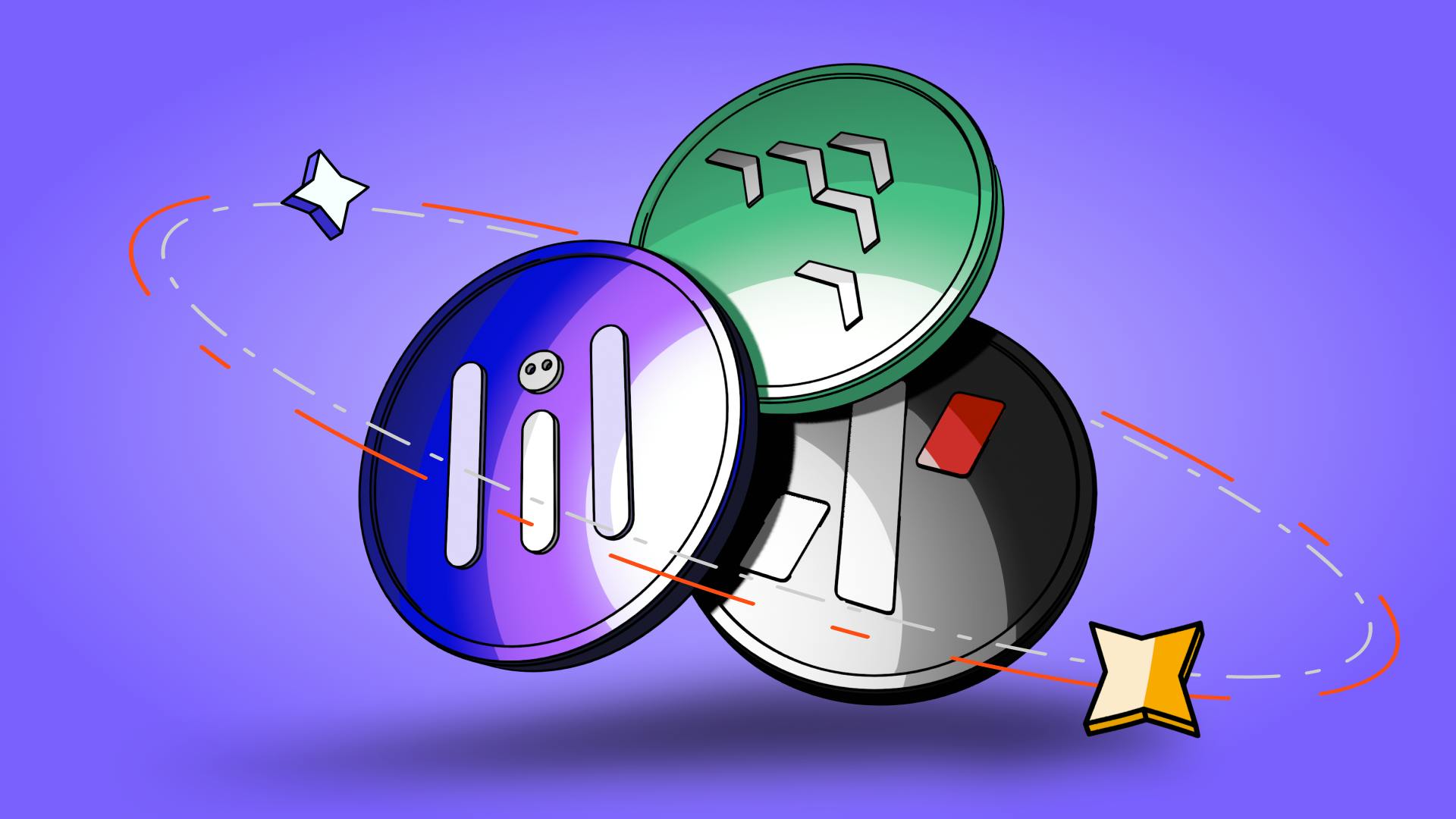Digital Currency Vs. Cryptocurrency – What’s The Difference?
7 de abril de 2019

by Kamil S
7 de abril de 2019
Have you ever wondered what the differences between digital currency and cryptocurrencies are? “Hold on a second”, you say… “Digital currencies and cryptocurrencies aren’t the same thing?”. Nope, they are not!
Let’s pit digital currencies vs cryptocurrencies and see who comes out on top…
According to Wikipedia a Digital currency (digital money, electronic money or electronic currency) is a balance or a record stored in a distributed database on the Internet, in an electronic computer database, within digital files or within a stored-value card. Examples of digital currencies include cryptocurrencies, virtual currencies, central bank digital currencies and e-Cash.
Digital currencies exhibit properties similar to other currencies, but do not have a physical form of banknotes and coins. Not having a physical form, they allow for nearly instantaneous transactions. Usually not issued by a governmental body, virtual currencies are not considered a legal tender and they enable ownership transfer across governmental borders.
According to the European Central Bank’s 2015 “Virtual currency schemes – a further analysis” report, virtual currency is a digital representation of value, not issued by a central bank, credit institution or e-money institution, which, in some circumstances, can be used as an alternative to money. In a nutshell, digital currencies are another name for money used to pay for specific goods or services on the Internet.
As you can probably imagine, digital money is entirely digital, it doesn’t have a physical equivalent in the real world. But, it acts in the same way as physical, traditional – or fiat – money. You can receive, transfer and/or exchange digital currency for another currency. It can be used to pay for goods and services, in an online store, for example, and it has no geographical or political borders.
Some argue that the lines are now becoming blurred as we move toward a cashless society, stating that physical money that is used online, for banking and retail, etc. should be classed as digital currency.
According to Wikipedia, this is what cryptocurrencies are: A cryptocurrency (or crypto currency or crypto for short) is a digital asset designed to work as a medium of exchange wherein individual coin ownership records are stored in a ledger existing in a form of computerized database using strong cryptography to secure transaction records, to control the creation of additional coins, and to verify the transfer of coin ownership. It typically does not exist in physical form (like paper money) and is typically not issued by a central authority. Cryptocurrencies typically use decentralized control as opposed to centralized digital currency and central banking systems. When a cryptocurrency is minted or created prior to issuance or issued by a single issuer, it is generally considered centralized. When implemented with decentralized control, each cryptocurrency works through distributed ledger technology, typically a blockchain, that serves as a public financial transaction database.
Bitcoin, first released as open-source software in 2009, is the first decentralized cryptocurrency. Since the release of bitcoin, other cryptocurrencies have been created.
Cryptocurrencies are algorithm powered currency used as tokens in select online communities and backed by certain technologies, assets or projects. They are mostly used in peer-to-peer payments but are now increasingly used to pay for real-world goods and services.
Cryptocurrency is considered secure, reliable and trustworthy as it is based on cryptography. The art of writing or solving codes, cryptography is a mix of different sciences, with mathematics at its base.
Cryptocurrencies use Blockchain and a decentralized ledger, which means that no single individual or supervisory authority controls the actions in the network. It is pure decentralization, at its most glorious!
Though cryptocurrencies are a variant of digital currencies, there are some key differences between the two.
- Digital currencies are centralized, meaning that transaction within the network is regulated in a centralized location, like a bank. Cryptocurrencies are mostly decentralized, and the regulations inside the network are governed by the majority of the community. There are also cryptocurrencies that are totally centralized and run by the founding organizations.
- Digital currencies are not transparent. With digital currencies, you cannot choose the address of the wallet and see all money transfers since the beginning of time. This information is kept strictly confidential and private. Most cryptocurrencies are transparent. Anyone and everyone is able to see any and all transactions made and received by any user, as all revenue streams are placed in a public chain – the blockchain. This does not apply when we talk about privacy coins, their whole meaning is to not share how much money has been sent where.
- Digital currencies have a central authority that can deal with any problems or issues. This central body can, for example, freeze or cancel transactions on the request of the participant or the authorities. Cryptocurrencies (in the case of decentralized ones) are regulated by their respective communities.
- Most countries have some legal framework surrounding digital currencies, for example, the EU’s Directive 2009/110/EC; and the US’ Article 4A of the Uniform Commercial Code.
Right now, the same cannot be said about cryptocurrencies. In most countries, their official status is not defined.
However, this situation is constant flux and is being pushed by companies like CoinMetro. Our mantra is “Moving Crypto Forward” and we’re working hand-in-hand with regulators and governments to help them understand the nature of crypto and blockchain technology in a bid to create extensive and lasting regulations that will bring widespread transparency to the industry.
So, there you have it. Digital currency is an umbrella term, comprising cryptocurrencies but the lines are definitely being blurred. Hopefully, we cleared up any confusion you might have had before you started reading!
Our motto is “We are the Future of Finance”! And we don’t mean just us here in CoinMetro or our customers. We believe that everyone around the world is building the future of finance. And we can’t do it alone.
Fortunately for us, we have an awesome community of followers and active users. If you’d like to join in and start trading crypto we have good news – you’re only one click away…
Thanks for reading. Until next time!
The CoinMetro Team
Etiquetas
Artículos relacionados

4 Proyectos de IA Descentralizada a Observar en 2024
La intersección de la IA y el blockchain abre puertas a nuevas posibilidades, fomentando un enfoque colaborativo y más transparente hacia los…
12m

Dogecoin Comienza a Seguir Su Propio Camino
A medida que 2021 comienza a entrar en su mes medio, un grado de déjà-vu se ha hecho evidente ya que Dogecoin ha vuelto a aumentar su valor tal como…
3m

3 Criptomonedas de Baja Capitalización para Vigilar en 2024: LILAI, ALPH, THT
El panorama de las criptomonedas en 2024 sigue evolucionando, presentando a los inversores una multitud de oportunidades. Entre la diversa gama de…
15m

Coinmetro y lilAI: Revolucionando la Gestión de Comunidades con IA
Aquellos que han sido parte de la comunidad de Coinmetro durante años saben bien que fomentar el diálogo y la interacción siempre ha sido una de…
4m